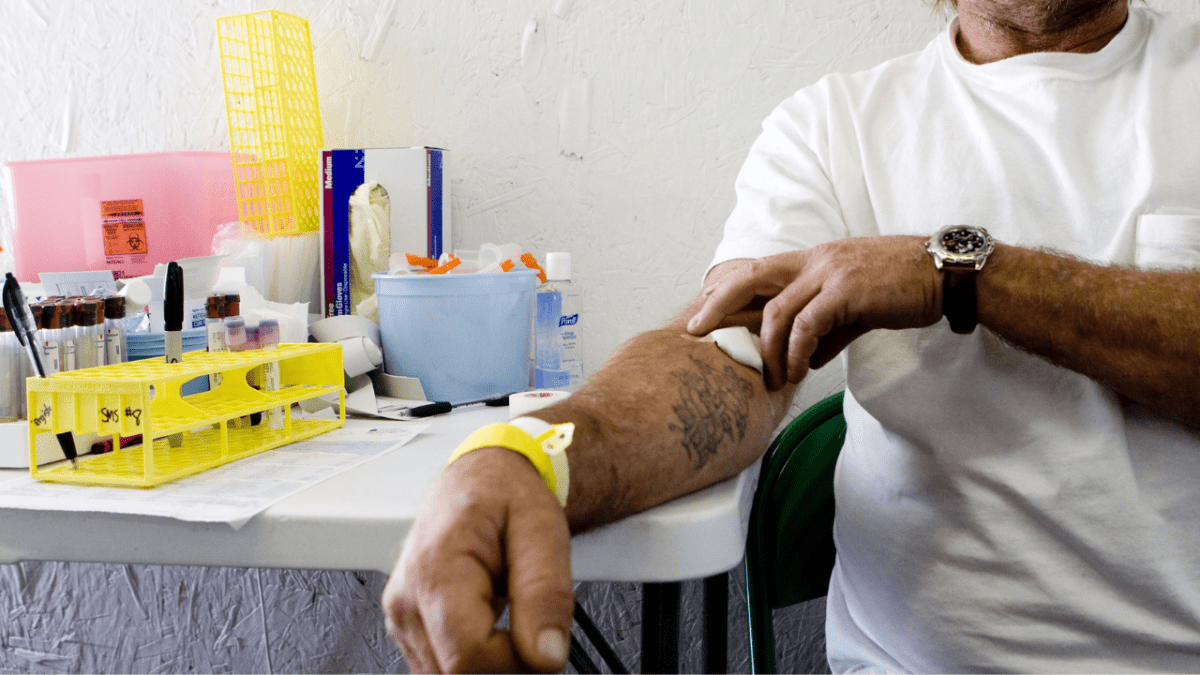
The number of syphilis cases detected in Australia is on the rise despite an overall drop in STIs over the last couple of years and I know some of y’all are not wearing condoms.
The pandemic saw the number of all STI cases drop dramatically, but data published by the Kirby Institute on Thursday showed syphilis was the only infection on the rise again.
Chlamydia is still the most commonly diagnosed STI in Australia with 86,916 confirmed cases in 2021, followed by 26,577 cases of gonorrhoea. Both had been slowly rising pre-COVID and took a massive hit in 2020.
Between 2011 and 2019, the infectious syphilis rate quadrupled before 2019 and 2020 when rates declined by a slim 12 per cent. But they immediately rose again in 2021.
The institute noted STI test rates were affected by the pandemic in 2020. But given we were still living under lockdowns and restrictions and dealing with a strained healthcare system in 2021, the syphilis rates probably shouldn’t have started rising again that soon.
There were 5,570 cases of syphilis in Australia in 2021 and 81 per cent of them were men. More than half of the total cases were in people aged 25 to 29 years.
The diagnosis rate among Aboriginal and Torres Strait Islander peoples in 2021 was also nearly six times higher than among non-First Nations people.
There has also been a rise in syphilis cases among queer men, women under 40 and congenital syphilis cases.
Co-author of the report Dr Skye McGregor of NSW Uni said congenital cases were “particularly worrying” because it showed pregnant people weren’t accessing the STI screenings they needed.
“COVID-19 has put additional strains on health service delivery and access,” she said.
“With timely screening, syphilis can be cured, so even one case of congenital syphilis is completely avoidable and unacceptable.”
Syphilis is a bacterial infection most commonly spread by sexual intercourse or contact.
It develops in stages with various symptoms. The first symptoms are usually firm, painless, non-itchy sores on the genitals, rectum or mouth. So check for any lumps. Next comes a rash, and then the infection usually turns symptomless. You might think you had something weird going on, but then it went away so you’re fine, right? Wrong. The final stage can come years later when it results in damage to the brain, nerves, eyes or heart. Bad.
The good news: syphilis is treated with penicillin and won’t cause any long-term or serious damage if caught and treated early.
So get out there, get tested regularly and practise safe sex.







